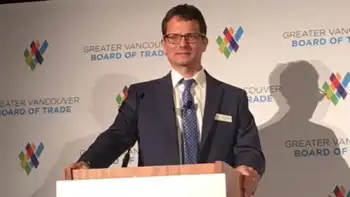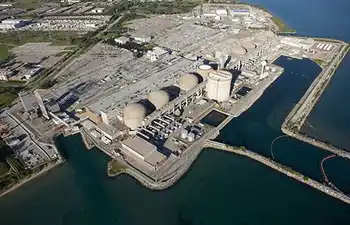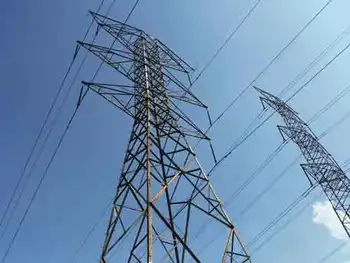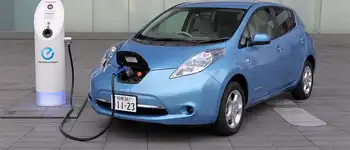U.S. loans to boost nuclear industry
Congress authorized $18.5 billion for nuclear loan guarantees in 2005, hoping to revive development of the carbon-free source of energy. Investments in nuclear power has dried up on soaring costs following the 1979 accident at Three Mile Island.
But earlier this year, the U.S. Energy Department signaled it was keen to aid the industry and narrowed the list of those likely to receive loan guarantees to four: Southern Co, Constellation Energy, NRG Energy and SCANA Corp.
"When DOE issues their first loan guarantee, that's going to send an important signal to private-sector financing, and Wall Street in particular," said John Keeley, a spokesman for the Nuclear Energy Institute.
Southern, which wants to build two reactors at the Vogtle plant in Georgia, is expected to be awarded the first loan guarantee.
Energy Department officials would not give a specific date on when the details will be announced but said they were committed to restarting the nuclear industry.
"We are on track to announce the first loan guarantee soon," said Stephanie Mueller, a department spokeswoman.
The money allotted would probably support construction of about two to three plants. A nuclear power plant can cost $6 billion to $7 billion to build, according to industry estimates.
Even after receiving a guarantee, the companies would still have to complete the licensing process and secure private financing before construction begins.
Barring major delays, actual construction of a plant would not start before 2011, with the first new plant coming on line around 2017 or 2018, according to the nuclear institute.
The nuclear trade group has called for $100 billion in additional loan guarantees for low carbon energy sources to help support replacing aging reactors and to help reduce greenhouse gas emissions.
U.S. utilities that hope to build new reactors will have to overcome rising construction costs, uncertain cost recovery from customers and lower power demand caused by the recession.
Critics of nuclear power say the projects are too expensive and too risky to receive billions of taxpayer dollars. Environmentalists also raise concerns about the disposal of nuclear waste.
Related News

Two new BC generating stations officially commissioned
VANCOUVER - Innergex Renewable Energy Inc. is celebrating the official commissioning today of what may be the last large run-of-river hydro project in B.C. for years to come.
The project – two new generating stations on the Upper Lillooet River and Boulder Creek in the Pemberton Valley – actually began producing power in 2017, but the official commissioning was delayed until Friday September 14.
Innergex, which earlier this year bought out Vancouver’s Alterra Power, invested $491 million in the two run-of-river hydro-electric projects, which have a generating capacity of 106 megawatts of power. The project has the generating capacity to power 39,000…




